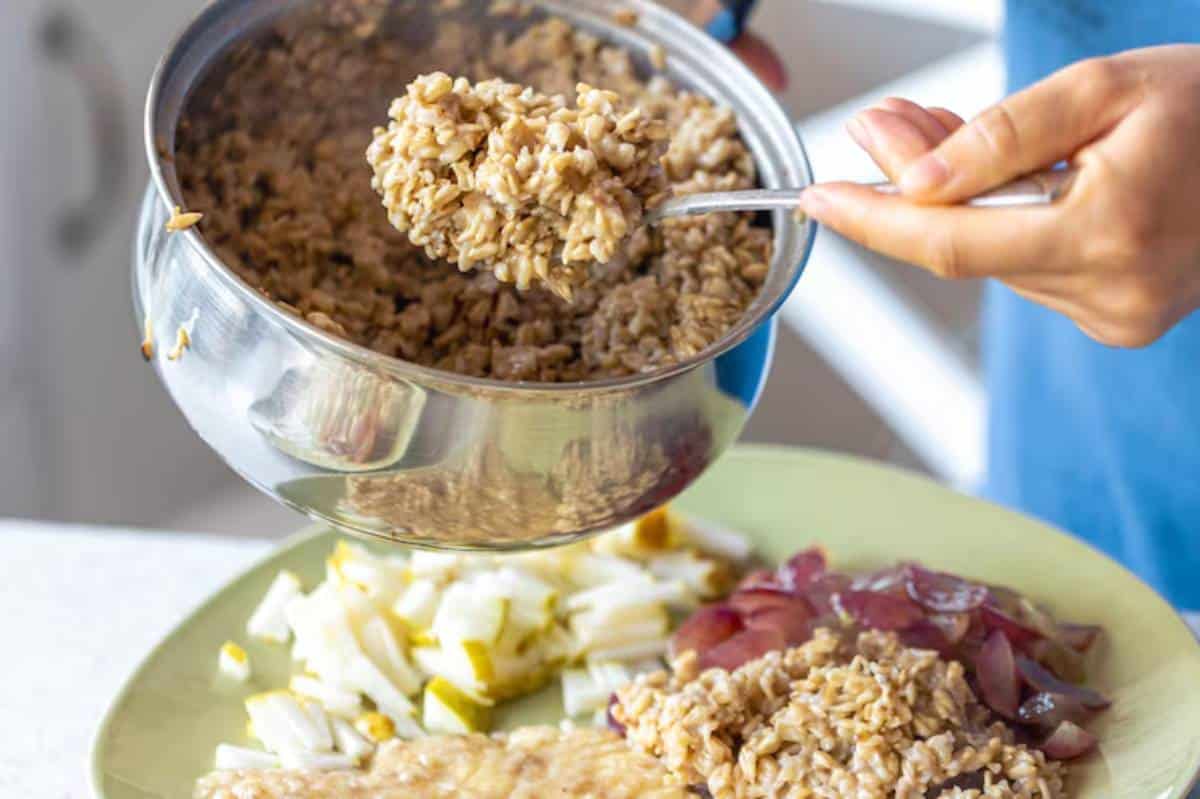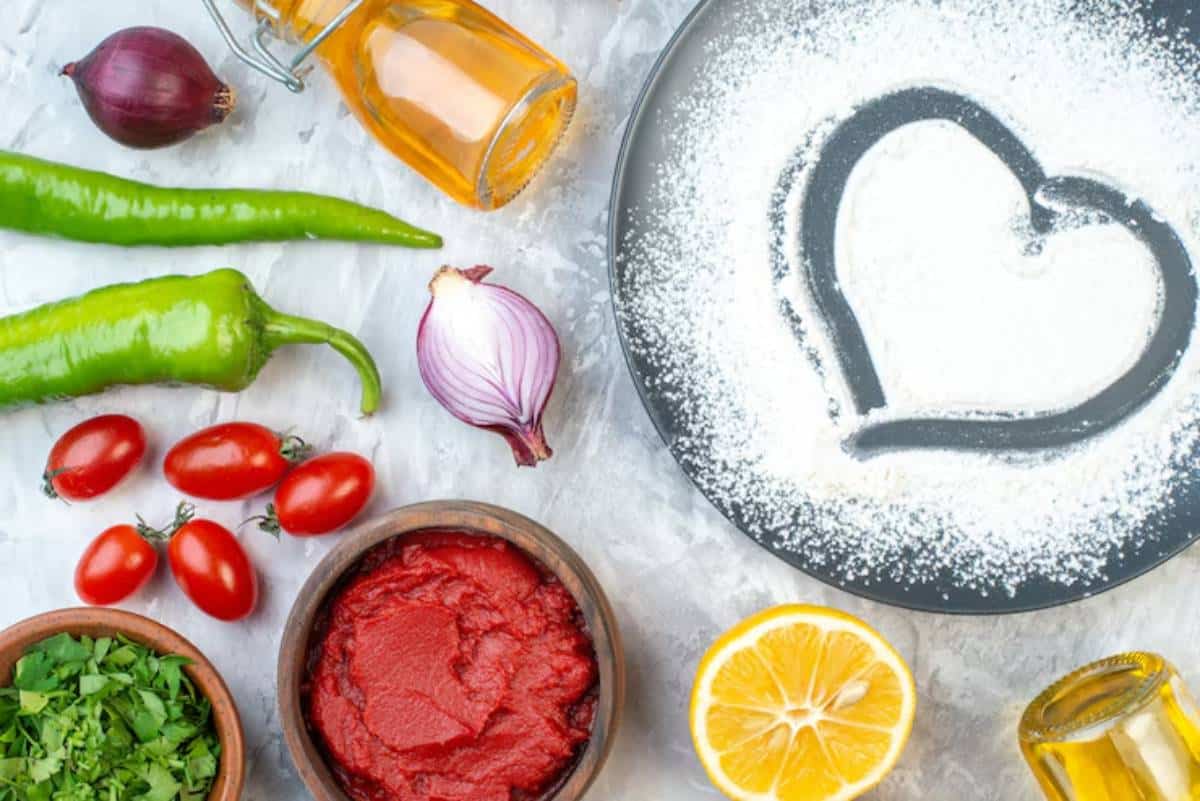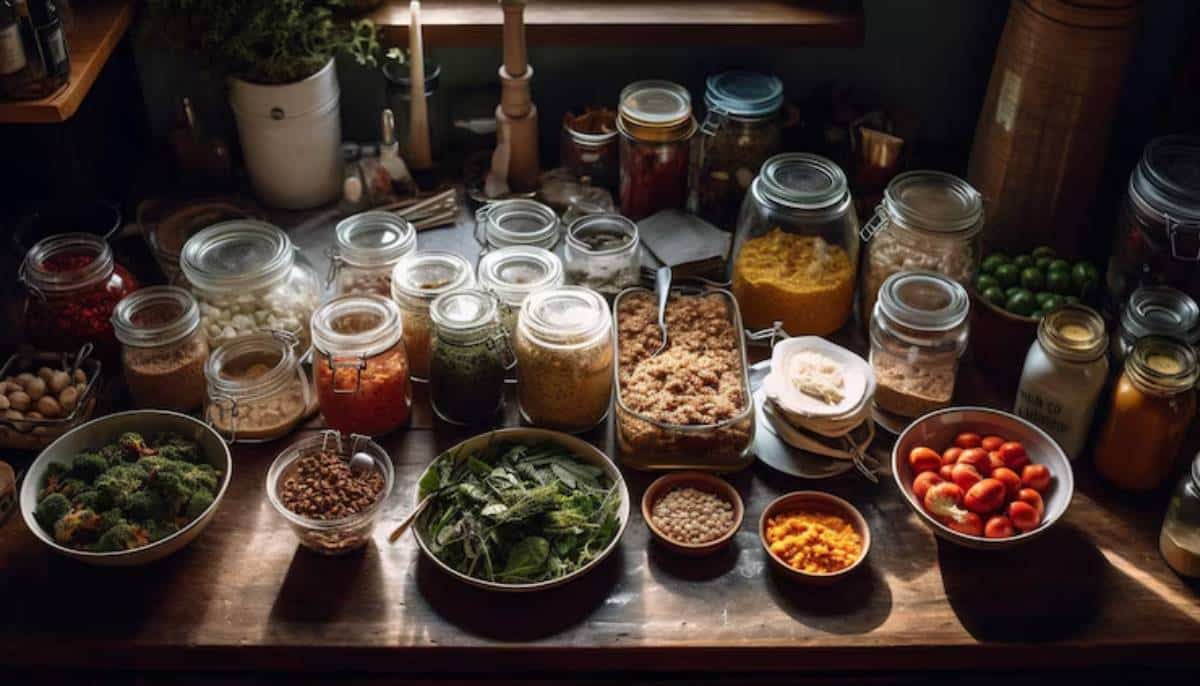
10 Must-Have Staples in a Mediterranean Pantry
Have you ever dreamed of recreating the sunny, vibrant flavours of a Mediterranean holiday in your own kitchen? Whether it’s the scent of garlic sizzling in extra virgin olive oil or the comfort of warm, herbed lentils, the Mediterranean pantry has something for everyone. Known not only for its mouth-watering dishes but also its heart-healthy benefits, the Mediterranean diet is loved by home cooks and nutritionists alike.
But where do you begin? The answer is in your pantry. Stocking it with the right staples lays the foundation for effortless, delicious meals inspired by Italy, Greece, Spain, and beyond. In this article, we’ll explore the 10 must-have Mediterranean pantry essentials that make up a classic, nutritious, and versatile grocery list for Mediterranean cooking. You’ll discover why these ingredients are indispensable, how to use them, and tips for choosing the best quality items.
Let’s take a deep dive into these timeless staple Mediterranean foods and help you build a pantry that will elevate your everyday meals.
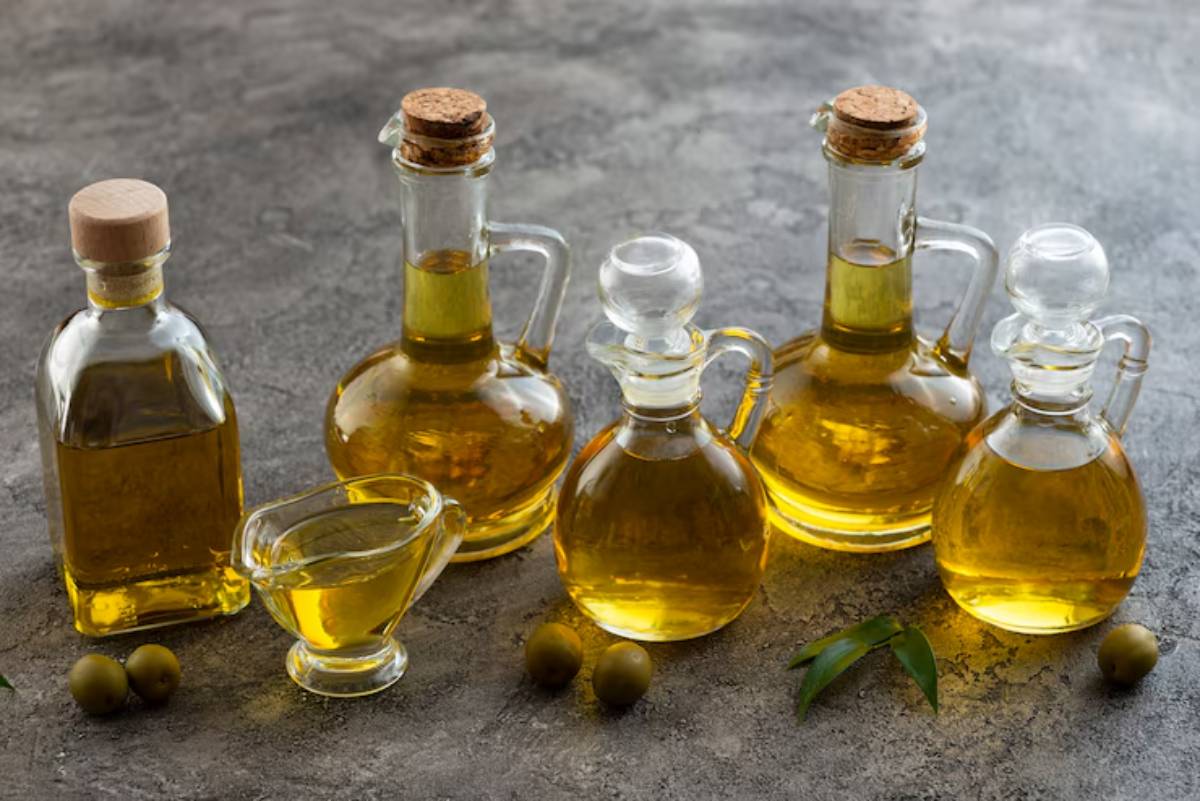
1. Extra Virgin Olive Oil (EVOO): The Liquid Gold
No Mediterranean pantry is complete without extra virgin olive oil. It’s not just a cooking medium — it’s a flavour enhancer, finishing touch, and even a dip base.
Why It Matters:
- Rich in monounsaturated fats and antioxidants.
- Known for anti-inflammatory properties and heart health.
- Central to both cooking and salad dressings.
How to Use It:
- Drizzle over grilled vegetables.
- Make a simple dressing with lemon and herbs.
- Pair with crusty bread for a classic appetiser.
Look for oils labelled “cold-pressed” and “first pressing”. Choose dark glass bottles to protect against light.
2. Legumes: The Protein Powerhouse
Chickpeas, lentils, and beans form the protein backbone of many Mediterranean dishes. They are cost-effective, versatile, and packed with fibre.
Why They Matter:
- Plant-based protein is perfect for heart health.
- High in dietary fibre and slow-digesting carbs.
- Easy to store dried or canned.
How to Use Them:
- Hummus with garlic, tahini, and lemon.
- Lentil salads with herbs and red onion.
- Stews featuring white beans and tomatoes.
Buy dried legumes in bulk and soak them overnight. It’s cheaper and gives you control over sodium levels.
Discover the benefits of chickpeas in why chickpeas are a Mediterranean powerhouse.
3. Whole Grains: The Fibre-Rich Foundation
Think beyond white rice. Farro, bulgur, barley, and whole wheat couscous are staple grains in the Mediterranean region.
Why They Matter:
- Provide sustained energy.
- Rich in B vitamins, iron, and magnesium.
- Support digestion with dietary fibre.
How to Use Them:
- Farro salads with lemon vinaigrette.
- Bulgur in tabbouleh.
- Barley in hearty soups.
Cook a big batch and use it through the week for quick, nutritious meals.
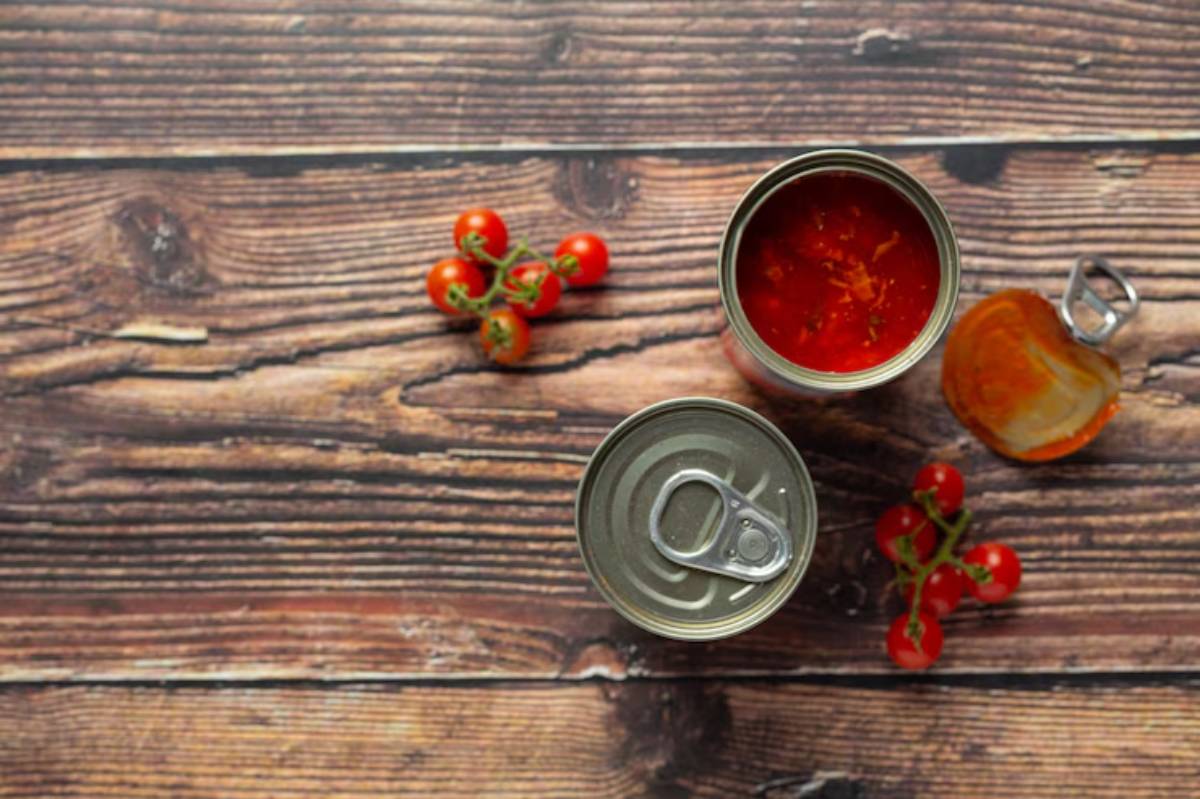
4. Canned Tomatoes: A Saucy Secret Weapon
Whether it’s crushed, peeled, or puréed, canned tomatoes form the base for countless Mediterranean dishes.
Why They Matter:
- Pantry-friendly and long-lasting.
- Source of lycopene, an antioxidant.
- Forms the heart of pasta sauces, shakshuka, and stews.
How to Use Them:
- Simmer with garlic and basil for tomato sauce.
- Combine with eggs for a quick shakshuka.
- Add to lentils or chickpeas for stew.
Opt for whole peeled tomatoes and crush them by hand — it gives a fresher texture.
5. Herbs and Spices: The Aromatic Core
From oregano and thyme to cumin and cinnamon, herbs and spices define Mediterranean flavour.
Why They Matter:
- Add depth without extra calories or salt.
- Rich in essential oils and antioxidants.
- Reflect regional nuances.
How to Use Them:
- Oregano for grilled meats and pizzas.
- Cumin in bean stews.
- Cinnamon in Moroccan tagines.
Store herbs in airtight containers away from sunlight. Toast whole spices for more aroma.
6. Garlic and Onions: The Flavour Builders
Used in nearly every Mediterranean cuisine, garlic and onions are the base for sautés, soups, and sauces.
Why They Matter:
- Create umami and savoury base notes.
- Packed with allicin, good for immune support.
- Inexpensive and shelf-stable.
How to Use Them:
- Garlic oil for drizzling.
- Onions caramelised as a base for stews.
- Raw garlic in dips for a sharp bite.
Store onions in a cool, dry place. Keep garlic in a mesh bag or basket for ventilation.
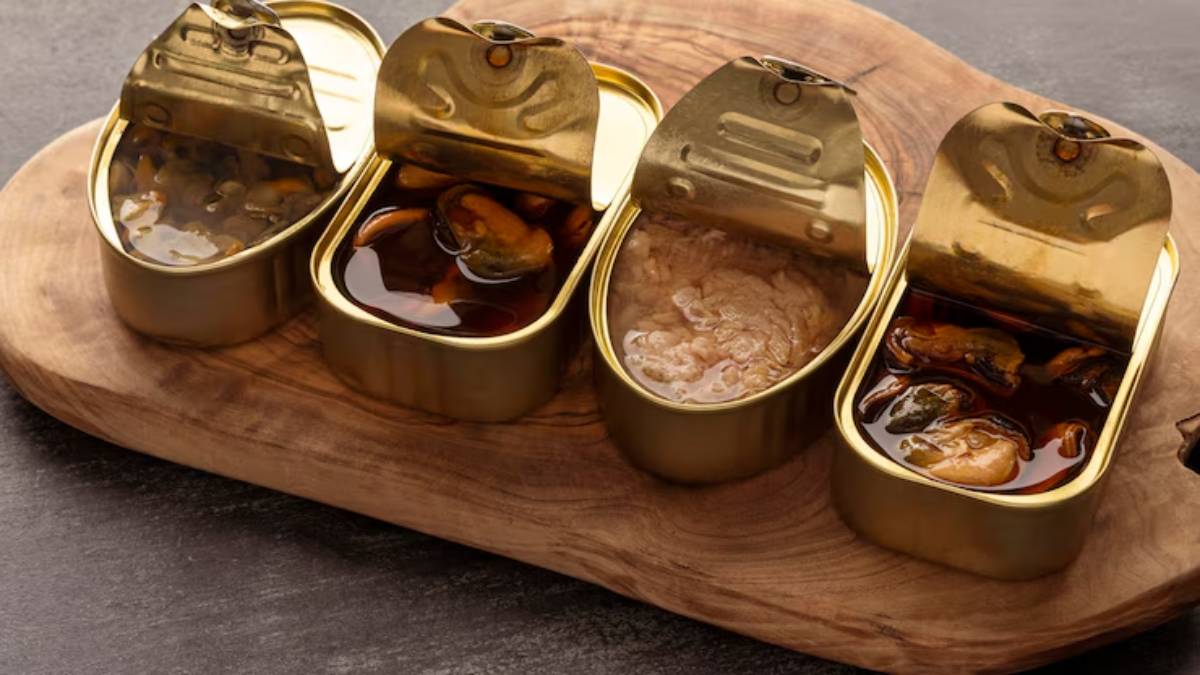
7. Canned or Jarred Fish: Omega-3 On Standby
Tuna, sardines, anchovies and even mackerel bring the sea to your pantry — without spoiling.
Why They Matter:
- High in Omega-3 fatty acids.
- Budget-friendly protein source.
- Convenient for quick meals.
How to Use Them:
- Sardines on toast with lemon and herbs.
- Tuna in chickpea salads.
- Anchovies are melted into pasta sauces.
Look for fish packed in olive oil for added flavour.
8. Olives and Capers: The Salty Kicker
A small amount of olives or capers adds a big burst of flavour and a touch of indulgence.
Why They Matter:
- Provide a briny contrast to vegetables and grains.
- Source of healthy fats and antioxidants.
- Long shelf life.
How to Use Them:
- Tapenade spreads.
- Pasta puttanesca.
- Greek salads and grain bowls.
Rinse capers to remove excess salt. Keep open olives in their brine in the fridge.
9. Nuts and Seeds: Crunch Meets Nutrition
Almonds, walnuts, pine nuts, and sesame seeds are Mediterranean favourites used in both savoury and sweet dishes.
Why They Matter:
- Provide healthy fats and protein.
- Enhance texture and satiety.
- Excellent in pestos, pilafs, and desserts.
How to Use Them:
- Toasted pine nuts over pasta.
- Tahini (ground sesame) for sauces and hummus.
- Walnuts in leafy green salads.
Store in the fridge or freezer to prevent rancidity.
10. Vinegars and Citrus: The Acidic Brighteners
You can’t have Mediterranean zing without a splash of vinegar or a squeeze of lemon.
Why They Matter:
- Balance richness and fat.
- Brighten vegetables and meats.
- Add complexity to dressings and marinades.
How to Use Them:
- Balsamic on grilled vegetables.
- Red wine vinegar in Greek salad.
- Lemon juice on fish or lentils.
Keep a variety — red wine, white wine, balsamic, and apple cider. Fresh lemons trump bottled juice every time.
How to Maintain a Mediterranean-Friendly Kitchen
Maintaining a Mediterranean pantry is about accessibility and freshness. Here’s how:
- Label and rotate ingredients by date.
- Keep a running shopping list to replenish as needed.
- Store grains and legumes in glass jars for visibility and freshness.
- Dedicate a shelf to your “Mediterranean core” items for easy meal prep.
Conclusion: Your Path to Mediterranean Living Starts in the Pantry
By now, you’ve got a clear roadmap for building your own Mediterranean pantry. These 10 staples aren’t just about cooking — they’re about creating a lifestyle centred on health, flavour, and simplicity. With extra virgin olive oil, legumes, grains, herbs, and the rest of the essentials on hand, you’re prepared to whip up wholesome meals with ease and joy.
Don’t stop here. Once your pantry is stocked, start experimenting. Try out simple recipes, explore new flavour combinations, and enjoy the process of cooking with intention and nutrition in mind.
Ready to take the next step? Learn more about how to transition to Mediterranean diet and begin your journey with confidence.
